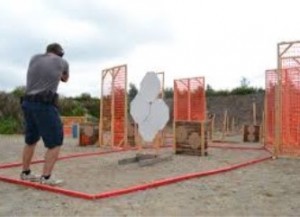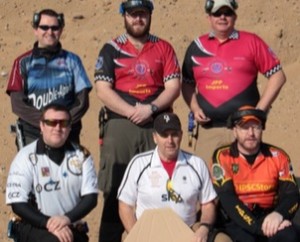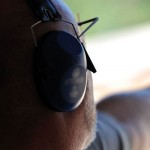
What is IPSC shooting?
Welcome to the Practical Pistol Target Shooting Competition
The Practical Shooting discipline will follow the International Practical Shooting Confederation (IPSC) rules.
What is IPSC shooting?
IPSC is dynamic, challenging and one of the fastest growing shooting sports in the world. It involves:
- Multiple paper targets
- Moving targets
- Steel targets
Problem solving challenges
Conditions may be created and barriers or other physical limitations may be created to compel a competitor into shooting positions, locations or stances.
What makes IPSC unique?
The competitor has diverse courses of fire. Various puzzle solving stages rather than set types challenges the competitor and improves his/her skills.
No two courses of fire are ever the same, they are unique to that day. Competitors do not know in advance what to expect in any given match.
IPSC MOTO:
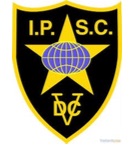
DILIGENTIA, ACCURACY, VIS, POWER, CELERITAS, SPEED – (DVC)
This is the foundation for competition adhering to the strict safe gun handling rules governing the sport.
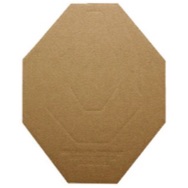 The Target
The Target
The paper target has a 15cm bullseye, the ‘A’ zone. This is surrounded by two other lesser scoring zones, ‘C’ and ‘D’. Most shooting takes place at close distances. In this competition shooting will take place from a maximum distance of 15 metres down to 1 metre.
Time is a critical factor but so too is accuracy to maximise the competitors score.
The Divisions
Handgun competitors have the option of shooting in ‘Open’ or ‘Standard’ division.
In simple terms this means that:
‘Open’ is for handguns with modifications such red dot sights, ported barrels or extended magazine capacity.
‘Standard’ division handguns cannot have optical or electronic sights, compensators, sound or flash suppressors.
Scoring
There are two categories of scoring, ‘Major’ and ‘Minor’ depending on the power factor of the bullets used.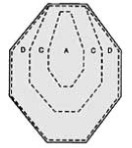
In Major the zones score: A=5 C=4 D=2
In Minor the zones score: A=5 C=3 D=1
Steel targets score 5 points for either category and must fall to score. It is always just the two highest scoring hits which count, no matter how many times the target is shot. However any misses/ procedural errors incur a ten point penalty per shot!!
The points from each target are then added.
An electronic timer is used to time from the start signal to the last shot and it is this time that is divided into the total points to establish the competitors score.
The IPSC Practical Shooting Team Jersey 2015 members
For further information on CIPSA please contact:
Alain Cabaret (Regional Director) +44 (0) 7797 726614 Email: alain.cabaret@googlemail.com
Mark Jubb (Secretary) +44 (0) 7797 722897 Email: jubbstar@live.co.uk



